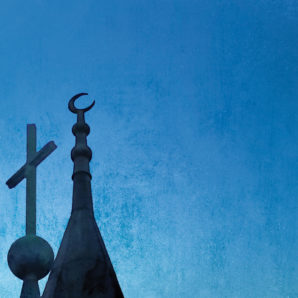Muscular Liberalism or Multiculturalism?
Last month, in a speech before the Munich Security Conference, British Prime Minister David Cameron declared that multiculturalism had weakened Britain’s collective identity and helped to make young British Muslims vulnerable to extremist ideologies. In response to these failings, he argued that European governments needed to build stronger national identities that rejected “passive tolerance” in favor of “a more active, muscular liberalism.” But unless there is some other coherent idea for engaging the new realities of multiple and overlapping identities, any failures of multiculturalism will not be addressed by abandoning the concept.
Read More →
Last month, in a speech before the Munich Security Conference, British Prime Minister David Cameron declared that multiculturalism had weakened Britain’s collective identity and helped to make young British Muslims vulnerable to extremist ideologies. In response to these failings, he argued that European governments needed to build stronger national identities that rejected “passive tolerance” in favor of “a more active, muscular liberalism.” But unless there is some other coherent idea for engaging the new realities of multiple and overlapping identities, any failures of multiculturalism will not be addressed by abandoning the concept.
Read More →
